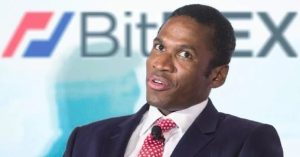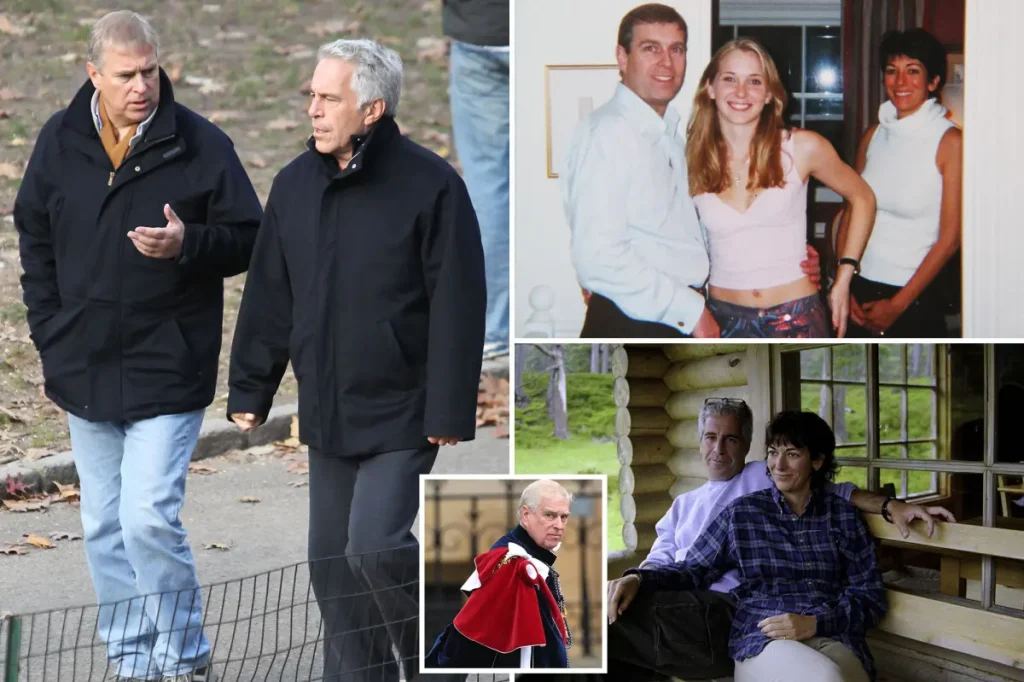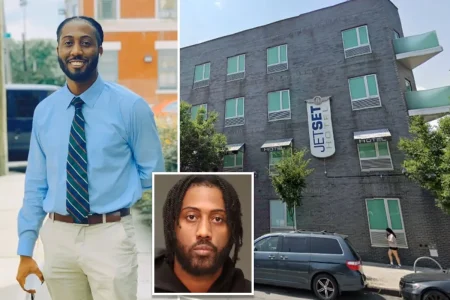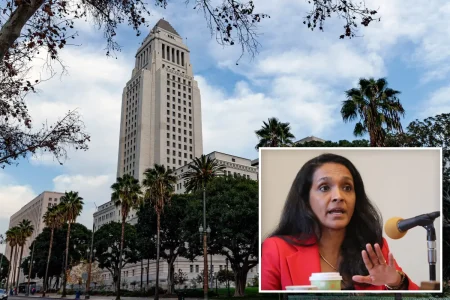Congress Invites Prince Andrew to Testify in Epstein Investigation: A Call for Transparency and Justice
In a significant move that bridges the gap between American congressional oversight and the British royal family, House Democrats have extended an invitation to Prince Andrew, the Duke of York and younger brother of King Charles III, to appear before Congress. Their request centers on his controversial friendship with Jeffrey Epstein, the late financier and convicted sex offender whose case continues to raise questions about accountability, privilege, and justice. Led by Representative Robert Garcia of California, the ranking Democrat on the House Oversight Committee, sixteen members signed a letter requesting Prince Andrew’s testimony as part of their investigation into Epstein’s network of associates and alleged co-conspirators. This unusual cross-Atlantic request underscores the ongoing public concern about who enabled Epstein’s criminal activities and whether powerful figures used their influence to shield themselves from scrutiny.
The committee’s letter emphasizes their commitment to uncovering the full scope of Epstein’s operations and identifying those who may have facilitated his crimes. In straightforward terms, the Democrats stated their belief that Prince Andrew “may possess knowledge of [Epstein’s] activities relevant to our investigation” and requested his cooperation “in the interest of justice for the victims.” This approach frames the request not as an accusation against the prince but as an opportunity for him to contribute to understanding how Epstein was able to operate for so many years despite numerous allegations against him. The letter references “well-documented allegations” against Prince Andrew himself, alluding to claims made by Virginia Giuffre, who has stated that she was trafficked to the prince by Epstein – allegations that led to a civil settlement between Giuffre and the prince in 2022, though Andrew has consistently denied wrongdoing.
The November 20 deadline given to Prince Andrew represents more than just a procedural timeline; it reflects the tension between diplomatic courtesy and congressional determination to pursue answers regardless of status or nationality. It’s worth noting that the invitation lacks the legal force of a formal subpoena, which highlights both the jurisdictional limitations of congressional authority over a British citizen and the diplomatic sensitivity surrounding the request. Prince Andrew has already stepped back from royal duties since 2019 due to the controversy surrounding his association with Epstein, following a disastrous BBC interview in which his explanations for his friendship with the convicted sex offender were widely criticized as implausible and insensitive to victims.
This congressional invitation arrives at a challenging moment for the British royal family, which has been navigating health concerns for King Charles and Catherine, Princess of Wales, alongside ongoing tensions with Prince Harry and Meghan Markle. For Prince Andrew personally, this represents yet another public reminder of the allegations that have fundamentally altered his position in British society. Once a prominent royal who served as a trade envoy for the United Kingdom, he now lives a much more private existence, stripped of many honorary military titles and royal patronages. The committee’s request forces a difficult decision: engaging with the investigation could provide a platform for Andrew to address the allegations directly, but would expose him to questioning under circumstances he cannot control; refusing the invitation, however, might be interpreted as hiding from accountability.
For Epstein’s victims, many of whom have expressed frustration with the limited consequences faced by those in Epstein’s circle, the congressional investigation represents one of the few remaining avenues for pursuing answers about who knew what and when. The timing of this request is particularly noteworthy as it comes years after Epstein’s 2019 death in federal custody while awaiting trial on sex trafficking charges. Questions about his associates have persisted, fueled by the release of court documents naming various prominent figures who had contact with Epstein, though mention in these documents does not necessarily imply wrongdoing. The Democrats’ initiative signals that despite the passage of time, there remains significant political will to uncover the full truth about Epstein’s operations and hold accountable those who may have enabled or participated in his crimes.
The invitation to Prince Andrew also highlights broader questions about accountability across borders and social classes in cases of sexual exploitation. Critics have long pointed to the Epstein case as emblematic of how wealth and connections can insulate individuals from the full consequences of their actions or associations. Whether Prince Andrew accepts the invitation or declines, his response will inevitably be scrutinized for what it suggests about the willingness of powerful figures to subject themselves to the same standards of transparency expected of ordinary citizens. As Representative Garcia and his colleagues await the prince’s response, their action has already succeeded in one respect: reminding the public that the questions surrounding Jeffrey Epstein’s criminal enterprise remain unresolved, and that the pursuit of justice for his victims continues across oceans and despite the passage of years.










